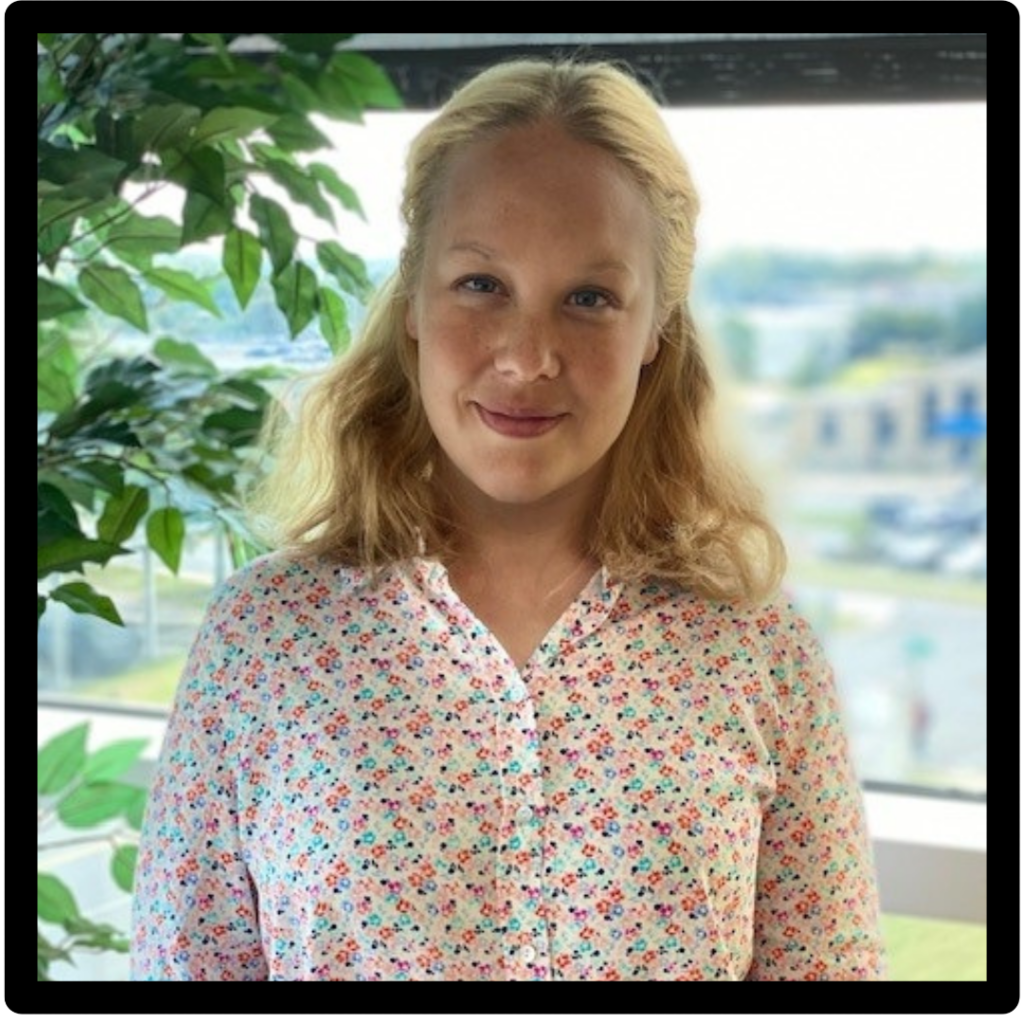
Chrystal Fullen, Psy.D.
Dr. Chrystal Fullen is a Clinical Neuropsychologist serving the Departments of Psychiatry, Neurology, and Trauma Surgery at the University of Arkansas for Medical Sciences. She also spends time providing neuropsychological services to patients admitted to Baptist Health Rehabilitaion Institute. She graduated from Our Lady of the Lake University with a doctorate degree in Psychology and completed her clinical internship at the South Texas VA in Clinical Neuropsychology. Her fellowship training was completed at UAMS, where she focused on furthering her specialization in neuropsychological assessment and treatment of acquired brain injury and rehabilitation. To that end, she has developed and co-directs a multi-tiered cognitive rehabilitation program at the hospital to foster interdisciplinary inpatient and outpatient rehabilitation of cognitive dysfunction; primarily in a TBI population. Her rehabilitation program also serves to treat patients with other injuries or neurological diseases including stroke, anoxia, tumor, epilepsy, and MS. She has developed multiple rehabilitation manuals and is well-versed in both program development and evaluation in Psychology. In 2022, she initiated an inpatient neuropsychological service to expand cognitive assessment and intervention in the UAMS Level I Trauma Center. Dr. Fullen’s research has focused on rehabilitation, epilepsy, brain injury, and performance validity measures. She is also a clinical supervisor for neuropsychological assessment in inpatient and outpatient settings. She directs an undergraduate externship program at UAMS and provides clinical training to psychology interns and fellows as well as other disciplines in neuropsychology, cognitive rehabilitation, and focused health psychology treatments. Dr. Fullen frequently provides training and consultation statewide and nationally on topics related to TBI.
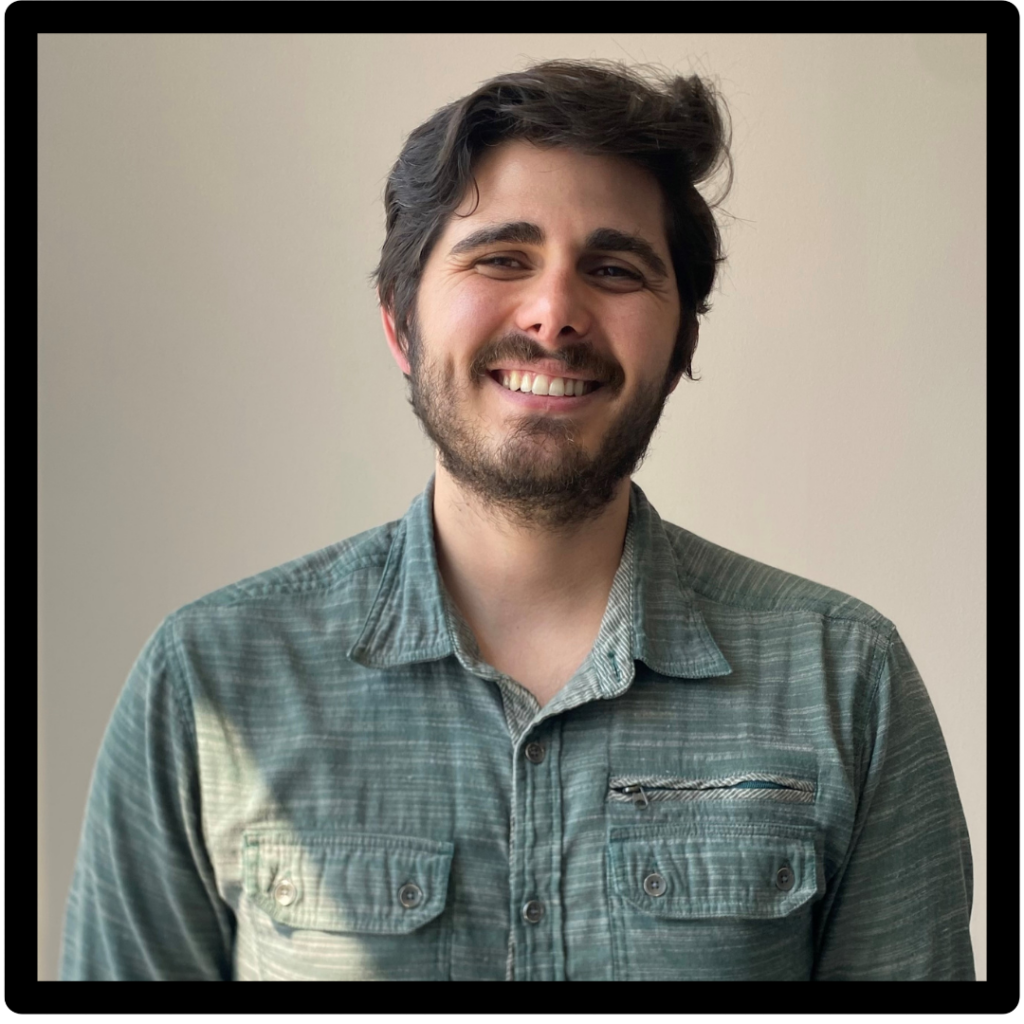
Stephen Docherty, Psy.D.
Dr. Docherty is a neuropsychology fellow at UAMS in the Psychiatric Research Institute. He completed graduate training at California Lutheran University. His primary areas of interest involve cognitive rehabilitation, serious mental illness, and acquired brain injury.
Why THRIVE:
The THRIVE program allows me to work with individuals at a variety of points in their recovery following an acquired brain injury. I am able to hear about different experiences, symptoms, and ways of coping following an injury, which gives me more insight into how to better assist those recovering from one and refine my interactions within the group to make the information meaningful and relevant to each participant. Seeing and hearing the benefits that THRIVE participants experience both during group and following its resolution are worthwhile to me and a great example of why I enjoy doing cognitive rehabilitation.
Peer Mentors

Constance Tullis, LMSW; Lead Peer Support Specialist
Constance is a licensed master social worker (LMSW) with the UAMS Brain Injury Program. She began as a volunteer social worker, viewing that time as an apprenticeship to prepare her for returning to the workforce. Constance served as a voting member on the Arkansas Brain Injury Council from 2021 to 2023, representing individuals living with traumatic brain injuries. During her volunteer work, she successfully relaunched the Brain Injury Alliance of Arkansas, a task others had been trying to accomplish for years.
In 2011, Constance survived a life-threatening traumatic brain injury from a gunshot wound to the head. Through intense rehabilitation and personal perseverance, she earned a bachelor’s degree in psychology (2014) and a master’s in social work (2019). She became a licensed LMSW in 2021. Constance spends most of her time involved in recovery fellowship and having fun exercising with her dog.
Constance is passionate about improving access to services for others and is committed to her work as a social worker. As the lead peer mentor for THRIVE, she shares her recovery experiences, offering support and guidance to others with TBI. She believes recovery is about healing and finding a new purpose and hopes her story helps others on their journey. Through collaboration with healthcare professionals, Constance ensures peer support aligns with therapeutic goals, helping participants build resilience and regain independence. Dr. Fullen’s THRIVE workshop is a life changing intervention!
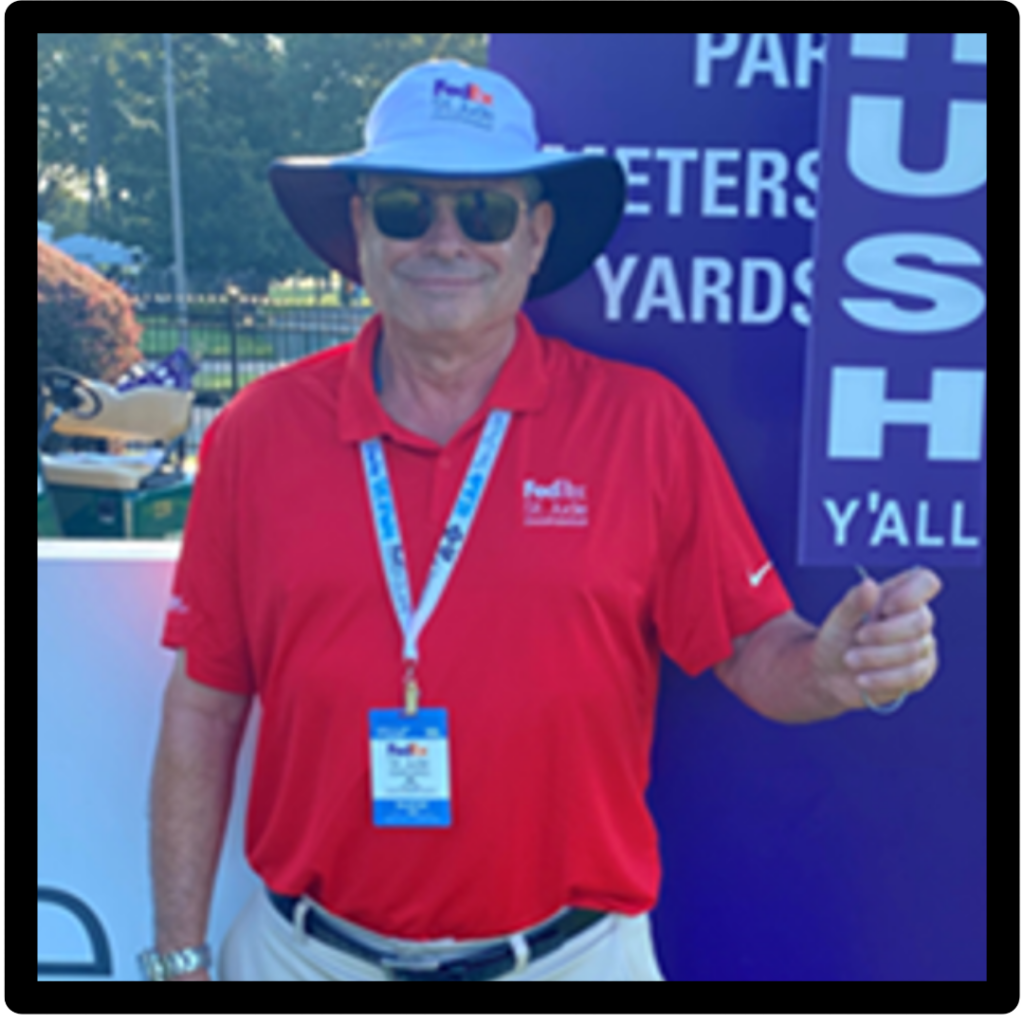
Rea Gladstone
I am a retired telecommunications director from 33 years of service from Windstream telecommunications corporation.
I suffered an anoxic brain injury from a cardiac arrest on or around august 10 2011. It was after a Sunday bike ride on the river trails in Little Rock. I had also played golf on Saturday in Hot Springs Village using a pushcart for 18 holes on a very warm day. I was admitted to Baptist hospital and was sedated for a period of time and then sent to BHRI for inpatient rehabilitation. Relearning to walk and beginning to learn the Alphabet was the first steps I took during the long recovery process at BHRI. After discharge I was not able to be by myself for a long period of time and that adjustment was difficult especially without any way to transport myself to therapy and cardiac rehab. After 2 years of speech therapy, I was finally able to get my driving evaluation, but it took 2 tests to be able to begin to transport myself and become more independent. Being more independent allows me to go back to a more normal lifestyle but I still need to continue to find ways to improve my situation. Keeping busy is a must for recovery. Keeping a solid or structured routine I very important. I believe in finding things that interest me an go for it when it possible. I have been fortunate to be around others who have sustained brain injuries and have learned from them as well. Also, the doctors and brain injury specialists who help us every day are an important part of recovery.
I am thankful for the help and support I have received through the process of recovery.

Jan Williams
Jan has lived an extraordinary life filled with travel, art, and creativity. He holds an economics degree from Kalamazoo College and has explored the world, living in various states and visiting countries across Europe, Africa, and the Middle East.
At 17, Jan’s life changed when he sustained a traumatic brain injury in a car accident, just months before graduating from High School. With support from his neurosurgeon father, Jan received exceptional care, delayed his college plans, and embarked on a journey of rehabilitation. He eventually completed his degree in economics after years of hard work.
Jan’s injury affected his ability to learn in traditional ways, but he found creative solutions, including language immersion to overcome challenges with foreign languages. His international travels and experiences deeply shaped his worldview.
In 2022, Jan returned to Little Rock to be near family and joined the UAMS Brain Injury Program’s THRIVE workshop, which he credits as the most effective rehabilitation program he’s participated in. Jan now plays an integral role in shaping the workshop’s content, contributing to its success from a survivor’s perspective. He volunteers actively, manages his daily life with the help of technology, and is working on a water-conservation-inspired landscaping project. Jan advises others with brain injuries to use technology, find support, and focus on what they can do—his resilience and creativity inspire many.
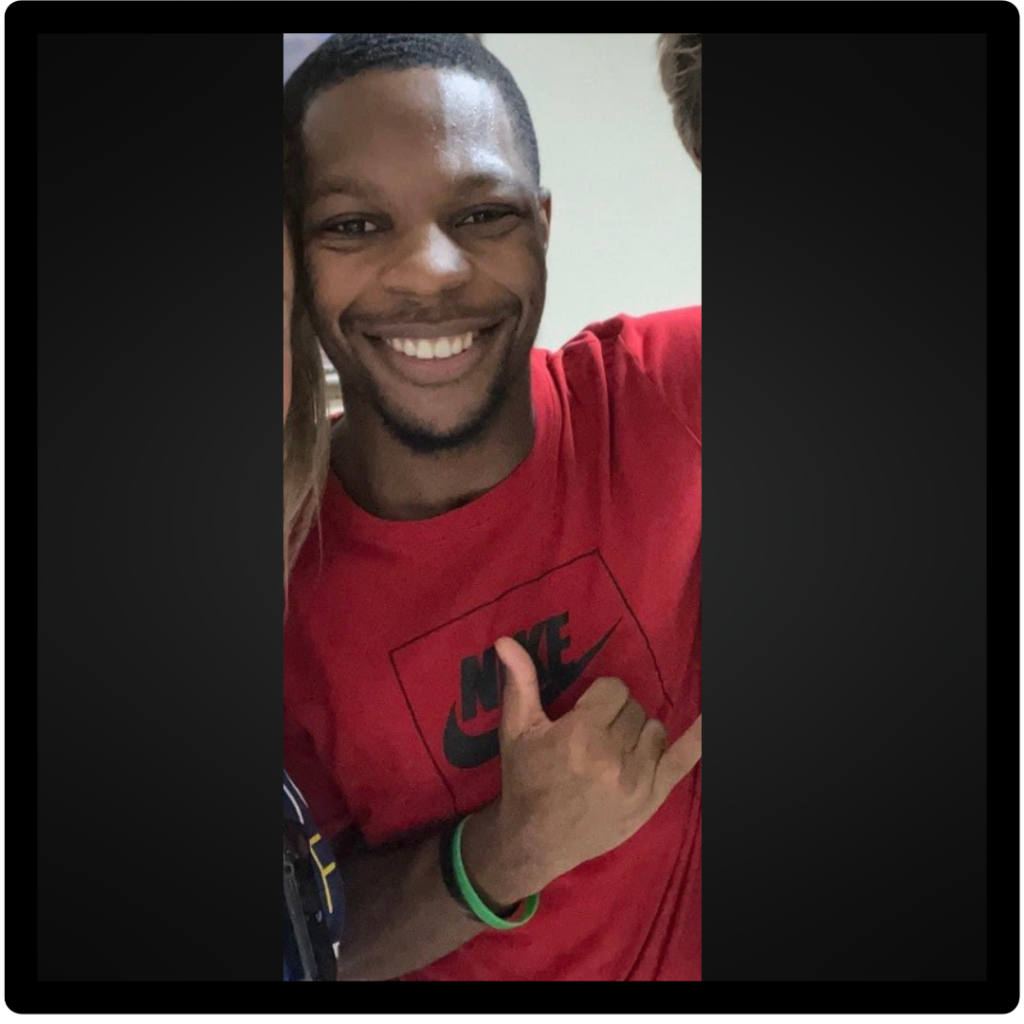
Keith Handcock
I acquired my TBI on October 30, 2015 at the age of 18. After experiencing 2 different comas, I awoke on January 1, 2016 at a brain injury rehab called Timber-Ridge Ranch in Benton Arkansas. I discharged from there September 8, 2017… between those two significant dates I had to relearn how to walk, talk…EVERYTHING.. including how not to speak everything I think, which…. I still struggle with…. from time to time.
Peer mentoring means everything to me. I love to turn frowns upside down; and putting a smile on a fellow TBI survivor’s face is beyond magnificent to me. What have I learned from being a peer support? I’ve learned that it’s okay to set boundaries.
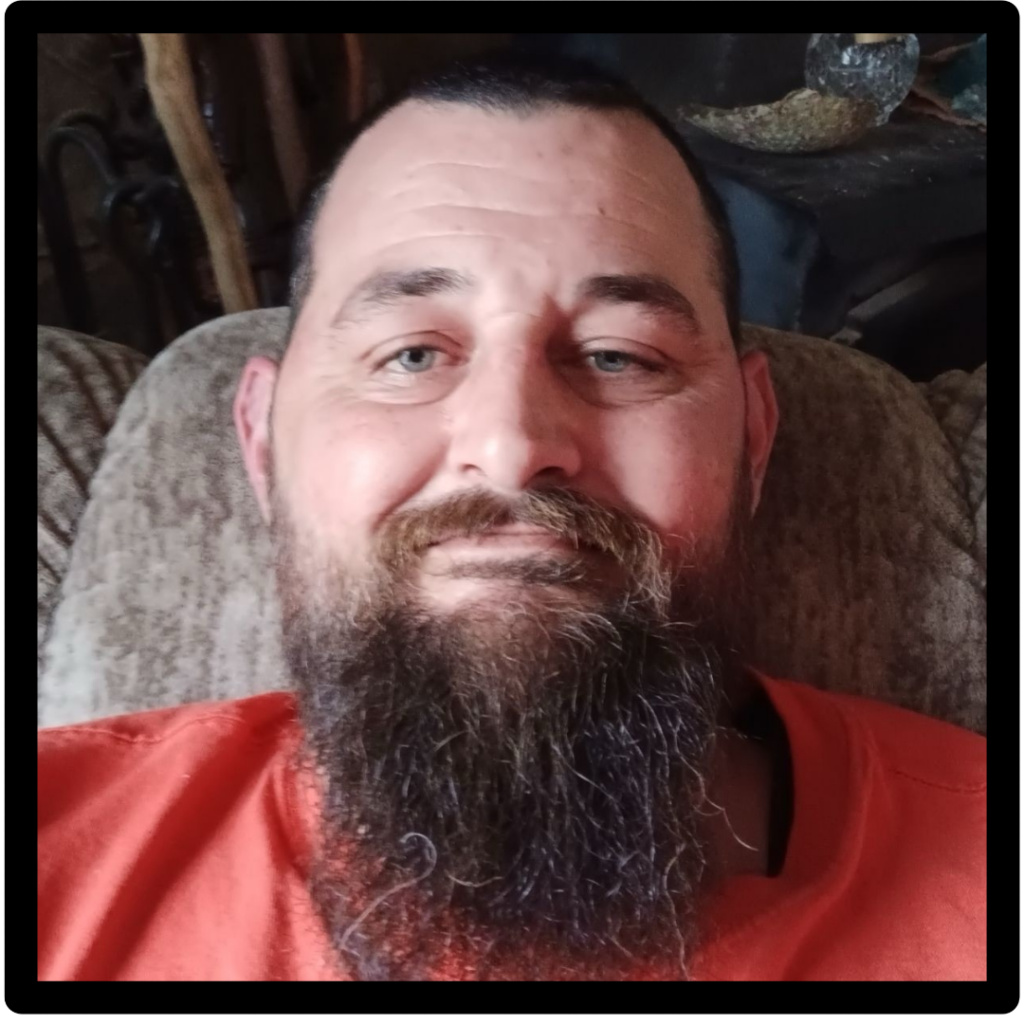
Michael Jackson
Michael S. Jackson, often referred to playfully for his shared name with the iconic pop star, is known for his warm laugh and towering height, standing at 6 feet 7 inches. Living in rural north central Arkansas, Michael enjoys the outdoors, especially fishing, though hunting is off the table at his wife’s request—she’s an animal lover.
Michael’s journey took a drastic turn when he sustained a traumatic brain injury (TBI) while working as a heavy machinery operator. A fall from a woodchipper left him with severe head trauma, temporary blindness, and lingering challenges. Despite the gravity of the accident, Michael recalls a small, urgent voice, his “guardian angel,” compelling him to get to the hospital. After losing consciousness, he underwent treatment at UAMS and later began his recovery journey with outpatient speech therapy and behavioral health support to manage PTSD.
Family plays a central role in Michael’s life. He shares his home with his wife, and his father, who lives with them temporarily. Michael’s 9-year-old son, Ethan, visits regularly, and while math isn’t Michael’s strong suit, he enjoys spending time with his son.
Michael’s positivity and resilience shine through as he focuses on “acceptance” of his circumstances—a significant milestone in his recovery. He attributes much of his progress to his family’s unwavering support and the therapy he continues to receive. Through it all, Michael remains an inspiration, navigating life after his injury with strength and grace.
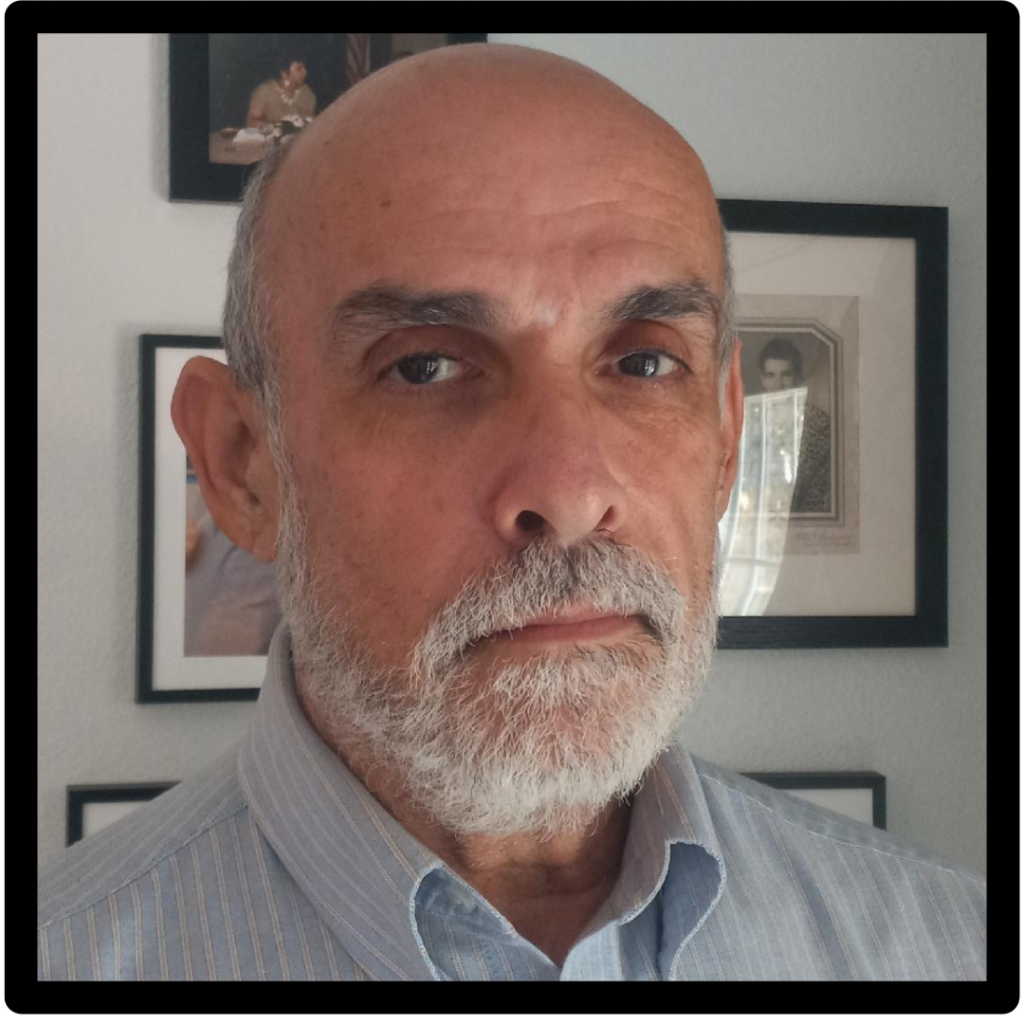
Gary Higgins
My name is Gary Higgins. On June 3, 2023, I was photographing the finishers at the Tour de Rock bike race. One of the riders lost control and his helmet struck me in the head, knocking me to the pavement and leaving me unconscious. I was diagnosed with a brain bleed, three broken bones, a collapsed disk in my neck and a torn rotator cuff. Since that time, my recovery has included three surgeries and a two month stay in a brain injury rehabilitation facility. I’m now retired and I spend my time working with others who have suffered a traumatic brain injury.
I enjoy working in peer support, hoping that my life experiences might make things a little easier for those that have suffered a TBI. However, doing peer support isn’t a one way street, as I often learn as much about myself as do about others. Moving on from brain injury takes a different path for each sufferer and the journey can be lengthy and circuitous. With a little luck, maybe we can smooth out the bumpy road that can be recovery.
